![]()
» Social Welfare – What is Missing from Budget Bill
The editorial of Tejarat Online newspaper focuses on lack of attention to social welfare in the 2018 Budget Bill in Iran.
According to the editorial, Iranian government still insists on raising the prices of fuels on the pretext of creating prosperity in production and employment, as if the 12th government is determined to free prices in the market anyway. At first look, this might be to the benefit of our country, but can the government control the created inflation due to freeing the prices?
The editorial continues that it is needless to say that raising the prices of fuels might be considered as positive at first, but because the proper ground has not been prepared yet, it is not only not proper, but destructive, leading to more inequality and injustice. While the government is trying to further increase the role of the market in allocating resources as such, the market and its actors are not familiar with the concept of justice and cannot digest it.
The editorial adds: currently about 50% of the society are living in deprivation, which means that social welfare, during past years and because of this view, has been undermined – the result of which has been nothing but increase in injustice and inequality in the country. Now with such economic chaos and huge inequality, how can the government claim it can create social welfare with redistribution of wealth and allocation of resources?
The editorial concludes: what is offered by the government in 2018 Budget Bill is the thought of nouveau riche capitalists as manifested in this bill; therefore, it cannot be hoped that this bill will lead to creating justice and equality in Iran. As a matter of fact, what is missing from the Budget Bill is social welfare.
An Editorial in “Tejarat” Online on January 23, 2018
» Iran’s Dual Currency Exchange Rates Benefits Rent Seekers
This editorial addresses the multi-tier foreign currency rates in Iran and its drawbacks.
The editorialist holds that the multi-tiered exchange rate system is a threat to Iran’s economy as it is the foreign currency that determines trade and market conditions in this country. While the government should try to stabilize the rate of foreign currency, it still has several rates in the country’s next year budget, including transaction currency, preferential currency, and floating currency. This is the root of many economic problems, such as class differences and its consequences.
Meanwhile, those who are seeking rents will be closely watching the budget to identify opportunities for their activities. Therefore, the major weakness of next year’s budget is multi-tier foreign currency which can be taken advantage of by rent-seekers. What is more, statesmen know that poverty is closely tied to unemployment. Thus, if Iran’s next year budget can contribute to creating jobs, it can moderate poverty in society.
The editorial ends by hoping that the government encourages entrepreneurs to boost employment by providing foreign currency facilities and improving business conditions in the country.
An Editorial in “Kasb-o-kar” on January 22, 2018
» From Chinese Economy to Iranian Economy
This editorial is a comparison of Iran and China in terms of their relations with the international community.
The editorialist holds that as Iran’s economy is highly dependent on China, it should try to facilitate its economic relations with this country. China will not pay for Iran’s difficulties, namely, it will not take the risk of banking interactions with Iran. What is more, China is not interested in getting involved in the recent U.S. pressures on Iran.
The editorialist then focuses on China’s relations with the world while implicitly contrasting it with Iran. Despite the fact that China is an ideological country with mostly communist people, it acts pragmatically in the international arena. Furthermore, China has a powerful army, yet they are rarely seen or make any comments. To put it in a nutshell, China has accepted the rules of the game at a global level and will not change them.
The editorial concludes that Iran should learn from China, acting in harmony with the international community while keeping its own independence, hence persuading the world into developing relations with it.
An Editorial in “Arman” daily on January 21, 2018
» Warning about Capital Outflow
Editorial of Kasb-o-Kar newspaper deals with reasons of acceleration of capital outflow from Iran.
The editorial mentions the self-evident fact that the capital always flows towards regions and counties with economically and politically efficient and stable governments, adding that statistics show acceleration of capital outflow from Iran compared to last year. The most significant reason for this acceleration is a prediction of capital owners with regard to instability and inabilities of Iranian statesmen in controlling the existing corruption in different economic sectors in Iran. Also, recent popular unrests, in which people took to streets and chanted slogans against the Iranian regime, can be another motivation for acceleration of capital outflow from Iran.
The editorial adds that reaching the level intended in the country’s development plans requires much more foreign and domestic investment, but while domestic investment has faced the challenge of instability, the foreign investment in Iran is far from its previous optimistic horizon. It mustn’t be forgotten that foreign investment also faces additional political risks due to the U.S. pressures and uncertain stability in Iran.
The editorial goes on to say that another factor for accelerating capital outflow from Iran is a high amount of liquidity in the country. The existence of 1,400,000 billion Tomans of liquidity and its increasing growth, compared to 2012 which was 460,700 billion Tomans, rings the economic alarm bell.
The editorial concludes: given the above conditions, warnings about capital outflow from Iran must be taken seriously, and the regime must take the necessary decisions in this regard.
An Editorial in “Kasb-o-Kar” in January 21, 2018
![]()
♦ Educated women 3 times more than men
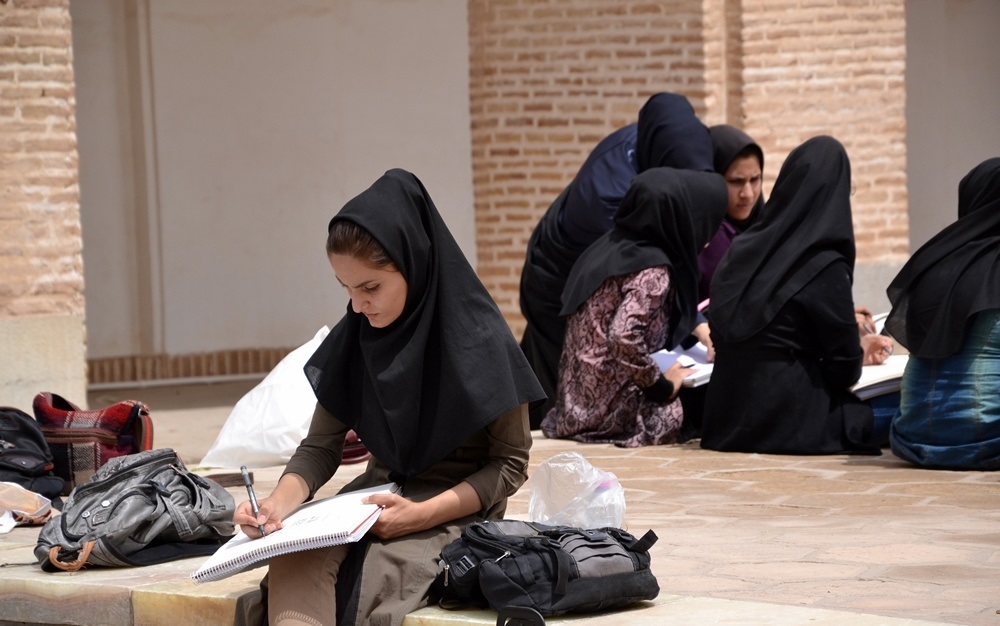
Vice president of Iran for Women and Family Affairs, Masoumeh Ebtekar, said currently the number of unemployed educated women is 3 times more than men, and serious measures must be taken in this regard. Ebtekar also announced signing an agreement with Mehr Bank to support women who are heads of households by giving them a loan of $660.
Arman Emrouz
♦ Drawing $4 billion from National Development Fund
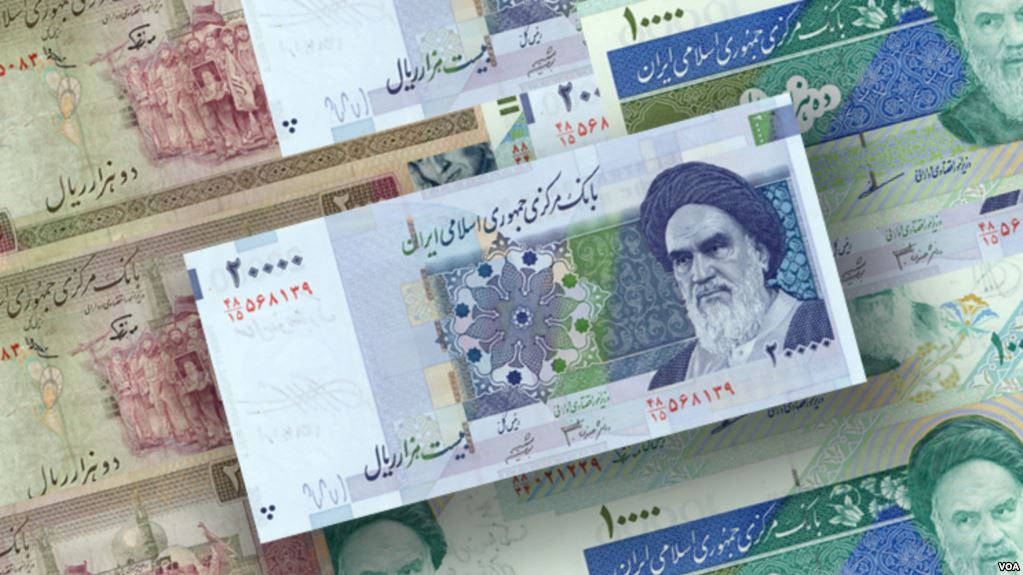
Spokesperson of Joint Budget Commission, Ali Asghar Yusefnejad, announced the agreement of Iranian leader, Ali Khamenei, to draw $4 billion from National Development Fund in 2018/2019 Budget. Said with permission of leader and ratification of Joint Budget Commission, there has been agreement to draw from National Development Fund in 2018/2019: defense foundation, $2.5 billion, IRIB (Iran state-run TV) $150 million, reconstruction of earthquake-stricken and flood-stricken areas $100 million, pneumococcal vaccine and rotavirus $100 million, facilities in Sistan $350 million, dealing with dust issue $150 million, water supply for villages $200 million, irrigation under pressure $250 million, and watershed $200 million.
Arman Emrouz
♦ Zolfaghari: Inefficiency of organizations, cause of recent unrests
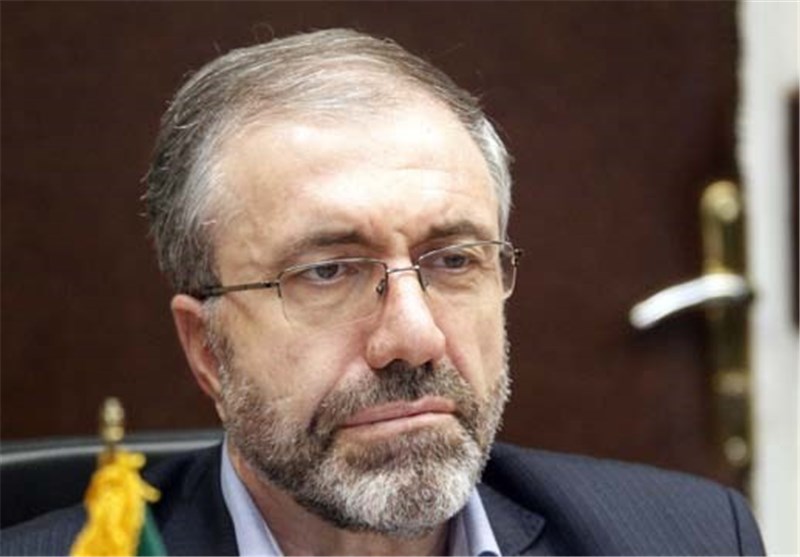
Security deputy of the interior minister, Hossein Zolfaghari, said the decrease in public trust – because of different reasons such as inefficiency of organizations and institutions in response to current conditions in the society – was one of the causes of recent unrests. Referring to the interior ministry’s report with regard to recent unrests, Zolfaghari said the report is prepared based on gathered data and valid intelligence, adding that this report is apart from any personal perceptions and interests of political currents.
In explaining the issues leading to recent events, Zolfaghari announced that since mid-November 2017, there were changes in combination of people present in gatherings and radicalization of slogans in these gatherings, adding that in current year, 37% of calls for gatherings were regarding economic issues, 74% of which were for protesting against performance of credit and financial institutes.
Mehr news agency
♦ Shamkhani: JCPOA is non-negotiable

Ali Shamkhani, the secretary of Supreme National Security Council, called the U.S. recent measures in challenging the nuclear deal (JCPOA) as ‘illegal’, adding that it is not possible to renegotiate the JCPOA ‘under any conditions’. Ali Shamkhani considered the JCPOA as Iran’s minimum demands for reaching an agreement with P5+1. Criticizing the fact that still some economic openings ‘must have been realized within the framework of the obligation of the U.S. and even Europe, but haven’t so far’, Shamkhani called talking about JCPOA ‘blatant’.
These remarks were made in response to U.S. President Donald Trump’s warning against the nuclear deal. Donald Trump has said he would certify the JCPOA for the last time unless its ‘disastrous’ faults are amended. Washington calls for stopping Iran’s ballistic missile testing and Iran’s military influence in the Middle East.
Radio Farda
♦ Ghodousi: Dual national managers concentrated in oil ministry
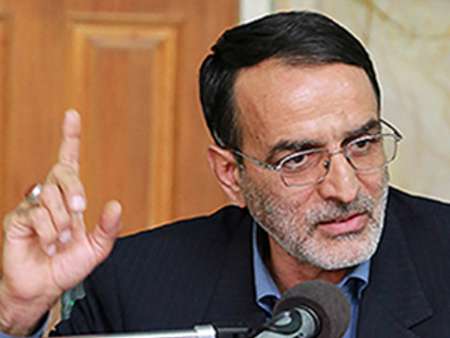
Almost 2 weeks after disclosure of embezzlement of 10 billion tomans (almost $23 million) in oil ministry by one of the managers with dual nationality, Javad Karimi Ghodousi, head of Parliament’s board of investigation regarding managers with dual nationality, announced that dual nationalities are concentrated in the oil ministry. Ghodousi said even if the majority of managers with dual nationality are in the body of the oil ministry, this ministry has not given a report regarding numbers and names of such mangers.
Vatan Emrouz
♦ Candy seller kids are not criminal’ swept twitter
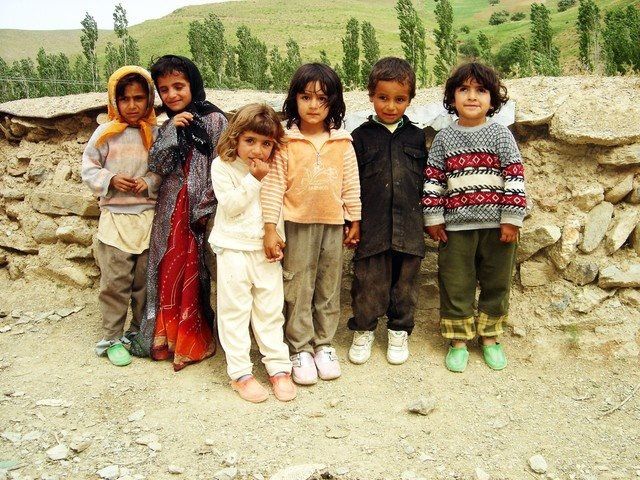
Few hours after pictures of detained working children in Boroujerd were published, there was a twitterstorm ‘#candy seller kids are not criminal’. All Twitter users objected to the way these kids had been treated and called for legal confrontation with those who took and published these pictures and confrontation with large-scale economic embezzlers instead of working children.
Deputy chairman of Children’s Rights Association, Hadi Shariati, said it is a tragedy that working children who are the outcome of poverty have been placed in the position of criminals and are humiliated, calling publication of pictures of vendor children a ‘social shock’.
Arman Emrouz
♦ IMF: Trade agreements between Iran, regional countries to increase

International Monetary Fund (IMF) has predicted that Iran’s economic growth will reach 3.8% in 2018, proposing that Iran and regional countries will have more trade agreements and will increase its exports, thus preventing fluctuation in productions.
Abrar Eqtesadi
♦ Lawmaker: Iranian tankers still moving with non-Iranian flags
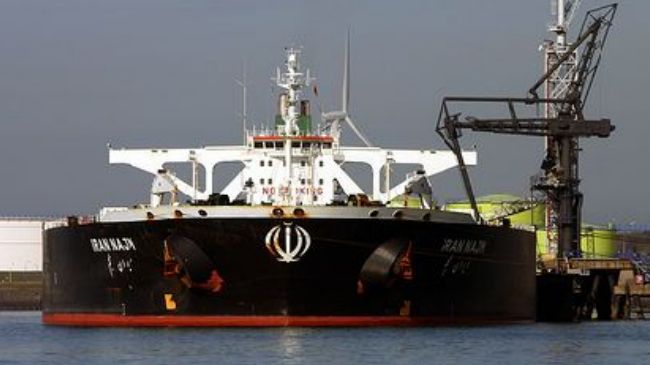
Deputy Chairman of Parliament’s Energy Commission, Hedayatollah Khademi, pointed out to 2 years of implementation of the nuclear deal (JCPOA), saying that currently Iran’s oil tankers still have to move with other countries’ flags. Khademi added, ‘our expectations from JCPOA, which were announced from the very beginning, have not been met and a major part of them have remained unfulfilled.’
Deputy Chairman of Parliament’s Energy Commission said Iran assumed that by fulfilling its obligations, banking transactions would be freed and eased, sanctions will be revoked, and foreign companies can invest in Iran easily and without fear. Khademi said the expectations in the field of oil and gas have not been met, no one has come for investment, and it is not clear how Iran receives the money from selling oil.
Vatan Emrouz
♦ Detainees of recent protests beaten in Iranian prisons
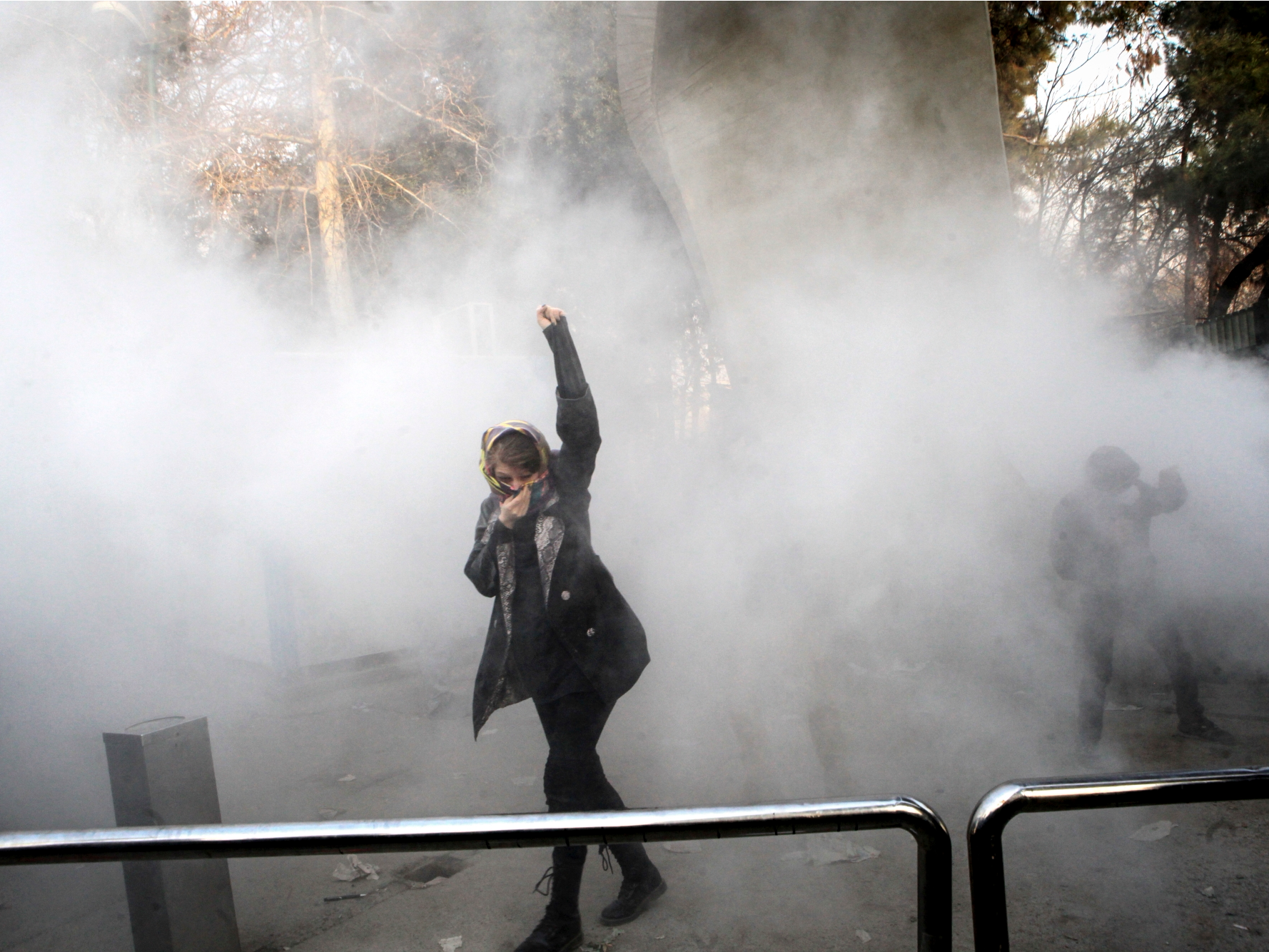
Committee for following up detentions in recent gatherings and protests has reported that Sina Ghanbari had been beaten, a number of detainees in recent protest have been ‘severely beaten’, and Evin Prison’s officials had distributed methadone pills among prisoners.
After recent gatherings and demonstration in about 100 cities in Iran, a number of former political prisoners and human rights activists formed a committee to follow up conditions of detainees in recent protests. According to Kalameh website, almost 400 of detainees in recent gatherings in Tehran were transferred to Evin Prison between December 30, 2017, and January 2, 2018.
Mohammad Jafar Montazeri, Iran’s Attorney General, has announced that Sina Ghanbari who died in Evin Prison had been an addict and had committed suicide. Law enforcement officials of Markazi Province made the same claims about the death of Vahid Jafari in Arak’s prison.
Tehran MP Mahmoud Sadeghi had previously written in a tweet: ‘One of the prisoners who recently lost his life in prison had told his family in a phone call that prisoners have been forced to take pills that would make them feel bad.’
Radio Farda
♦ Foreign ministry spokesperson: We had no talks about missile, defense with any countries
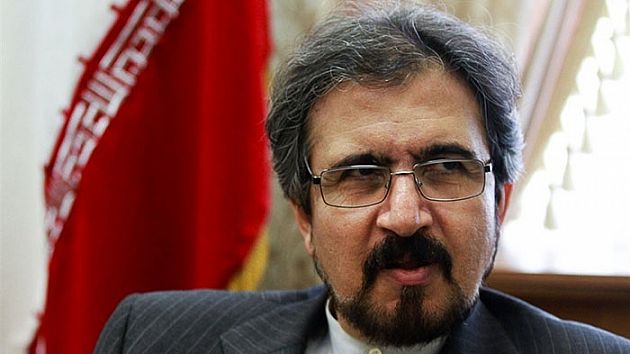
Bahram Ghassemi, the Iranian foreign ministry spokesperson, refused French foreign minister’s remarks as to holding talks with Iranian authorities about ballistic missiles, saying that if there is any quotation from him in this regard, it will be certainly denied. He added, ‘we have not – and will not – hold missile and defense talks with any country, and it is our red line and the country’s position is clear in this regard’.
Fars news agency
♦ Baha’i student expelled from Kashan University
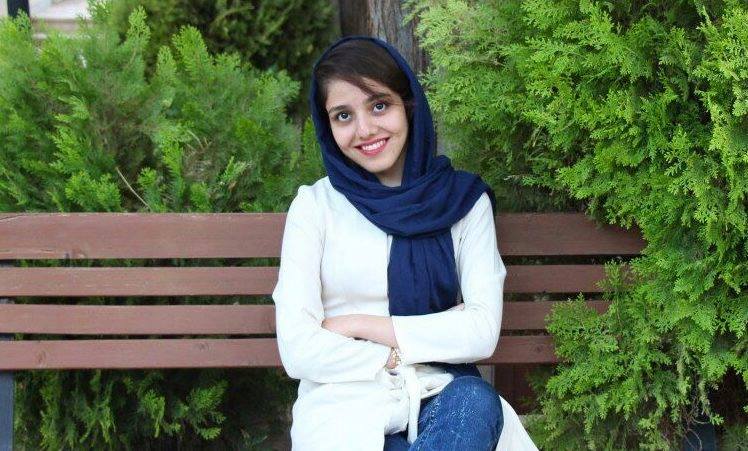
Neda Eshraghi Borojeni, a student of computer sciences in-state University of Kashan, was expelled for ‘being Baha’i’. According to Radio Farhang and Human Rights Campaign, Kashan university’s security office had summoned Neda Eshraghi, and after making sure about her belief in Baha’ism, seized her student ID card, without any clear explanation. An informed source said, after Neda Eshraghi following-up the issue, university officials have said she has been expelled for believing in Baha’ism.
Radio Farhang
♦ Embezzlement suspect escaped from Iran
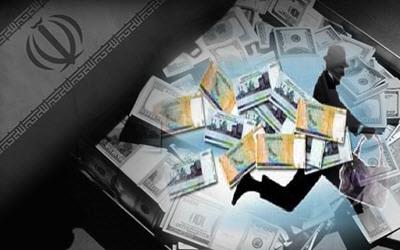
According to an Iranian lawmaker, one of oil ministry’s managers, charged with embezzlement of 100 billion tomans, ‘escaped from Iran 3 hours after being subpoenaed’. A few days ago, Iranian media said one of the financial managers in exploration department of oil ministry who was charged with embezzlement had escaped Iran. Iranian oil minister later approved this.
Assadollah Gharehkhani, the spokesperson of Parliament’s Energy Commission, told Parliament’s news agency that this individual was an employee of oil ministry for 30 years, but his violations, taking place during past 10 years, have been recently discovered. He added that 3 hours after being subpoenaed by a supervisory organization, that person obtained an airplane ticket with spouse’s help and escaped to Canada.
BBC Persian
♦ Dehghan: Government is destroying national development fund
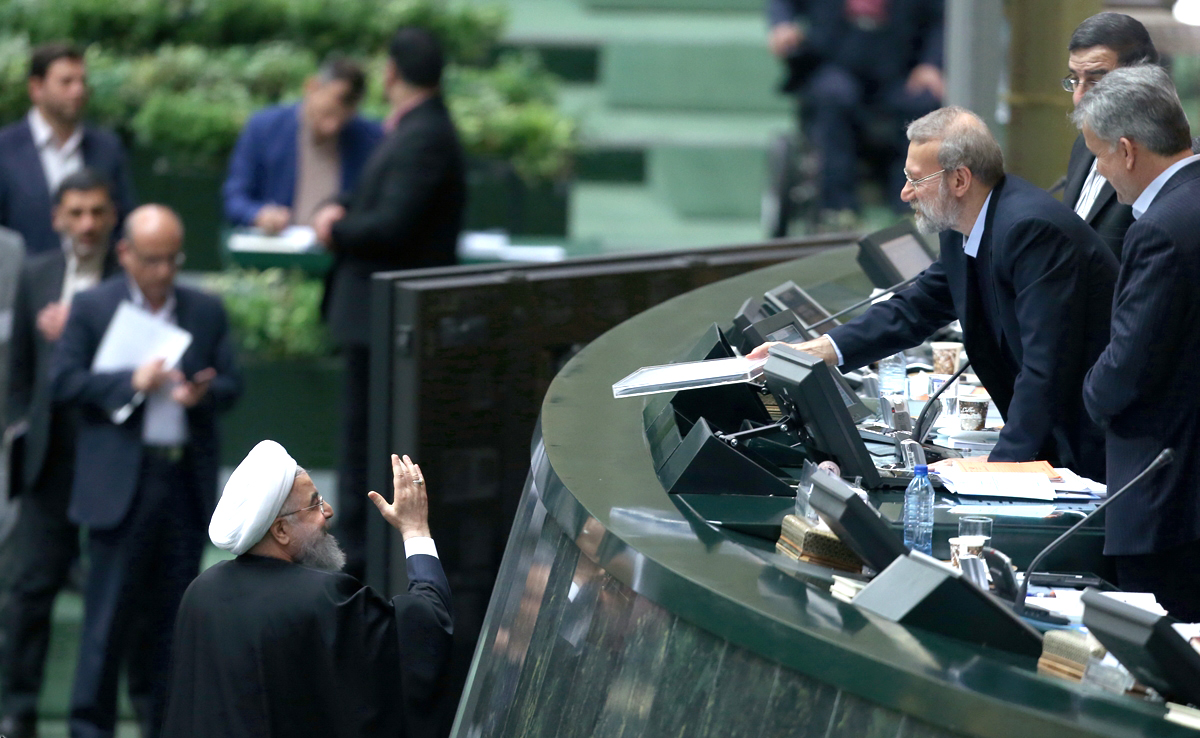
Member of Parliament’s Budget Commission, Mohammad Dehghan, said that the government, in 2018 Budget Bill, has used national development fund to provide credits for defense foundation, new methods of irrigation and agriculture and pension funds. He added that in the budget bill, the government has spent the resources of national development fund and intends to take expenses and requirements of some organizations from this fund, which is not compatible with the government’s slogan with regard to creating prosperity and employment.
Afkar
♦ Group of lawmakers to visit Evin Prison
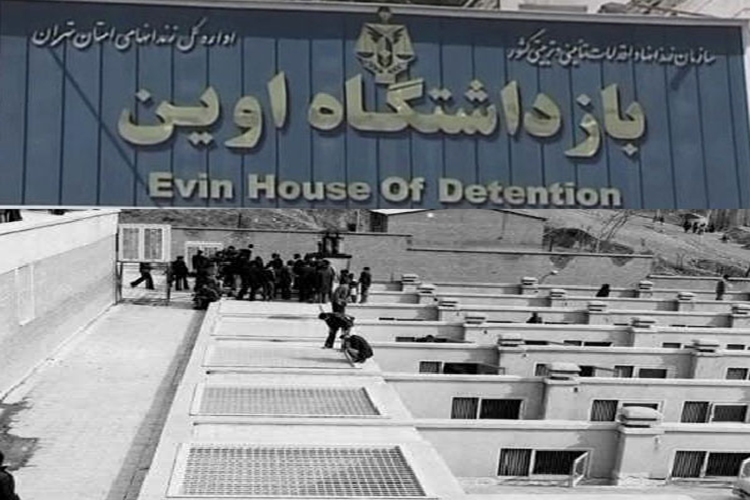
Hassan Norouzi, the spokesperson of Parliament’s Legal and Judiciary Commission, said a group of lawmakers are to visit Evin Prison next week. He added that this visit aims to follow up issues related to detainees in recent protests in the country.
Following the recent popular protests in Iran, in which people took to streets and chanted slogans against the Iranian regime, more than 20 people were killed, and more than 3,700 people were arrested. Several detainees have been reported to have lost their lives while in custody.
Parliament news agency
♦ Turkish Chief of General Staff called Iranian counterpart about Afrin
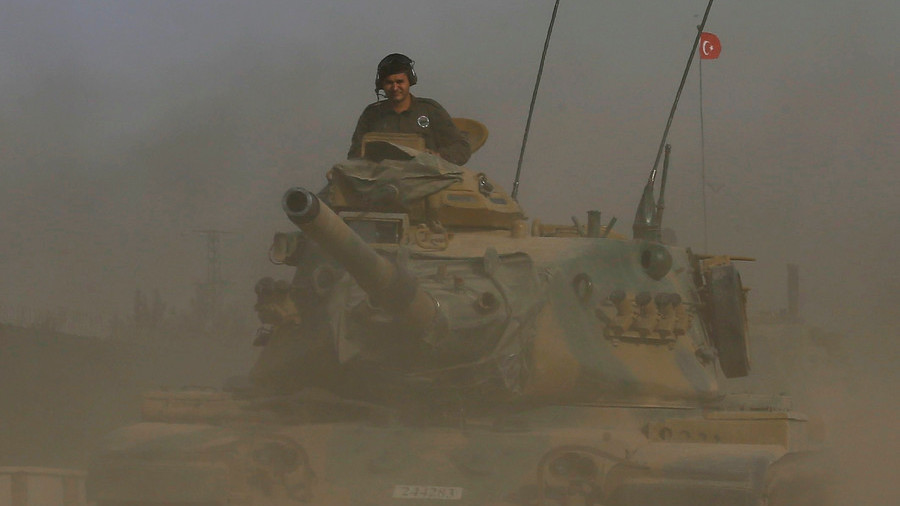
General Hulusi Akar, Chief of General Staff of Armed Forces of Tukey, called his Iranian counterpart, major general Mohammad Bagheri, regarding Turkish army operation in Syrian northern border and Afrin region. He said the reason for launching the operation and firing of artillery was a concentration of terrorist groups in this region and countering threats of these groups against Turkish border villages and cities.
Hulusi Akar added these attacks are within the framework of legitimate defense and are carried out by the Turkish army, assuring that Turkey respects Syrian territorial integrity and will remain committed to agreements of trilateral talks with Iran and Russia.
ISNA
♦ Turkish bank charged with violating Iran’s sanctions
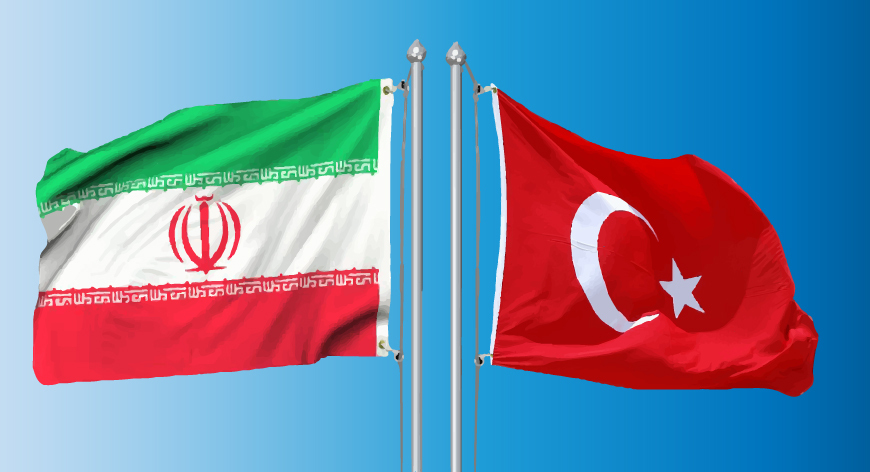
A Turkish news agency, based on previous legal procedures in the U.S., predicted that Turkish Halk Bank will face the unprecedented $37.5 billion fine on a charge of violating Iran sanctions law. According to Ahval news, the U.S. Treasury might have offered its proposal for receiving the fine and resolving the issue over this case.
Last month, Iranian-Turkish businessman Reza Zarab testified in a court in New York against Mehmet Hakan, one of the former CEOs of Halk Bank, accusing him of circumventing sanctions against Iran.
Afkar
♦ Parliament Research Center: Unemployment rate twice more than government’s statistics
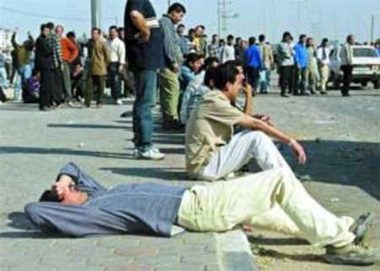
Parliament Research Center has reported that estimate shows a rate of hidden unemployment in 2016 for the whole country was 22.5%, twice more than the official rate of unemployment. According to the report, 5,883,000 people have been unemployed, while according to statistical center’s reports, the number of unemployed in Iran is about 3 million people.
Kayhan
♦ Iran, Pakistan agreement to launch passenger trains
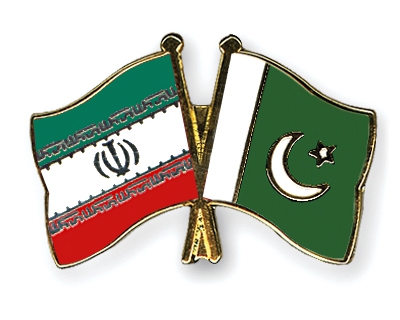
Iran and Pakistan reached an agreement about prospering tourism between the two countries by launching passenger trains. Mohammad Arjavani, director general of railways in the south-east of Iran, said Iran and Pakistan agreed to launch the passenger train between the two countries to facilitate taking Pakistani passengers to sacred places in Iran and Iraq.
Arbar Eqtessadi
♦ Iranian official: Chinese considered closing Iranian bank accounts ‘misunderstanding’
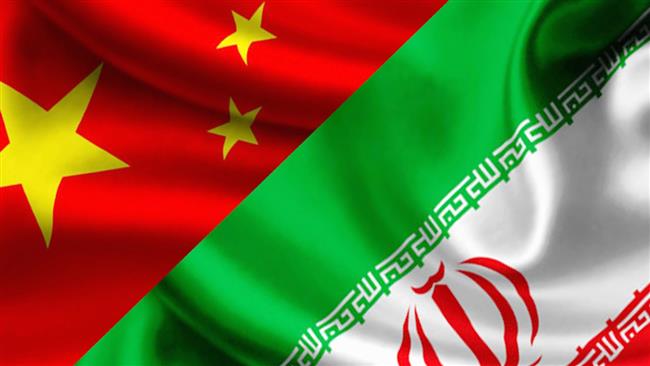
Deputy chairman of Iran-China Chamber of Commerce said Iranian embassy’s officials have announced that according to Chinese, the issue of closing Iranians’ bank accounts in China is due to a misunderstanding. Majid Reza Hariri said with regard to replacing dollar and euro with the two countries foreign currencies for trades that ‘as an actor in private sector, I am against such an agreement, because China itself, as a pioneer in using its own foreign currency for doing business, is doing only 3 to 4% of its commercial transactions in this way’.
Hariri added: with the dollar, one can make purchases from all countries, but in case of using other countries’ foreign currencies, one has to buy goods from that particular country.
Tasnim
♦ Khamenei to loosen IRGC’s grip on Iran’s economy
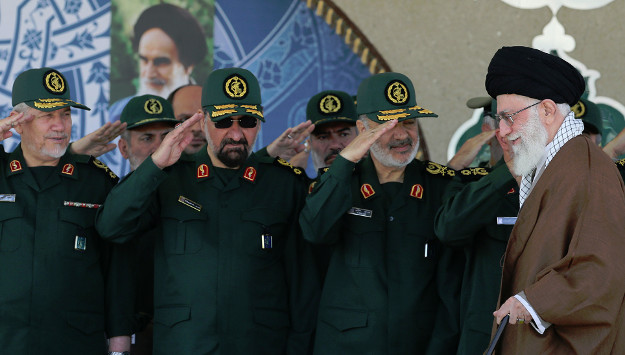
Iran’s defense minister said that Supreme Leader Ali Khamenei has ordered the country’s powerful Iranian Revolution Guards Corps (IRGC) to curtail its growing business empire and divest its commercial assets that are not relevant to its domain of work. The announcement has raised the hope that the regime may have finally decided to loosen the IRGC’s grip on the economy. Despite similar statements by President Hassan Rouhani and other senior Iranian officials, the IRGC has only expanded its economic activities in Iran as well as in neighboring countries in the last year.
Iran
